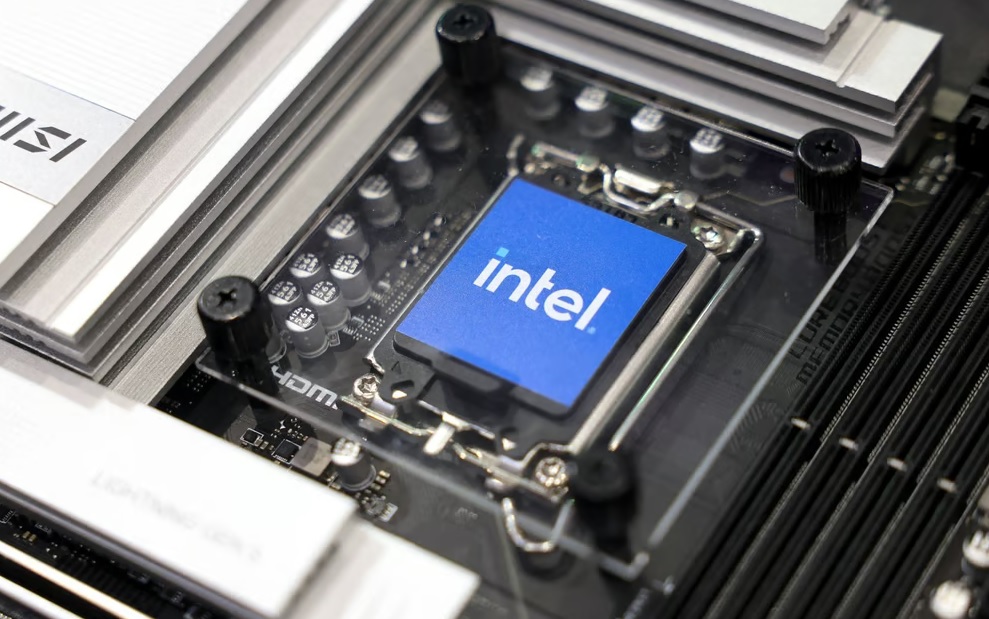China's Cybersecurity Group Calls for Review of Intel Chips Amid Security Concerns

In a move that could escalate existing tech tensions between China and the United States, the Cyber Security Association of China (CSAC) has called for a comprehensive cybersecurity review of Intel products sold in the country. The organization, which operates under the supervision of the Cyberspace Administration of China, cited concerns over “frequent vulnerabilities and high failure rates” associated with Intel's central processing units (CPUs). The CSAC's recent WeChat post pointed to multiple security issues and alleged that certain Intel chip series had caused performance problems, including video game crashes.
The Vulnerabilities in Question
The CSAC identified specific security weaknesses in Intel's chips, including vulnerabilities known as Downfall, GhostRace, and NativeBHI. These issues have been linked to flaws in speculative execution, a feature that helps processors predict future tasks to speed up operations. Downfall, also referred to by Intel as Gather Data Sampling, was brought to light in 2022 but gained significant attention in 2023. It allows attackers to exploit the chip's speculative execution process, potentially stealing sensitive data. The association's concerns extend beyond data theft to include the stability of Intel's 13th and 14th generation Core processors, which reportedly suffered from a microcode algorithm issue that led to video game crashes.
The cybersecurity group accused Intel of being slow to address these flaws. In the case of the video game issue, it took Intel more than half a year to resolve the problem, which had frustrated many users since late 2023. In July, Intel admitted that a microcode issue caused the malfunction, citing “incorrect voltage requests to the processor” as the root cause.
Potential Backdoor Risks
One of the more alarming allegations from the CSAC is the possibility of a "secret back-door system" embedded within Intel's processors. The post referenced insights from hardware security expert Damien Zammit, who had previously raised concerns about Intel's Management Engine (ME), a subsystem within the CPU that operates as a separate processor core. Introduced years ago, ME is designed to enable remote management of computers through Intel’s Active Management Technology (AMT). However, some cybersecurity professionals view this subsystem as a potential security risk because it cannot be disabled and its proprietary codes are not openly disclosed. This hidden functionality could, in theory, be exploited by hackers to access user data or launch cyberattacks without detection.
A Strained U.S.-China Tech Landscape
The CSAC’s call for a review comes at a time of growing tech rivalry between the U.S. and China. The U.S. has imposed restrictions on the export of advanced semiconductors and manufacturing equipment to China, leading to heightened scrutiny on tech firms operating between the two nations. The controversy surrounding Intel comes shortly after Micron Technology, another U.S.-based semiconductor giant, underwent a similar cybersecurity review in China. Such actions are seen as part of China's broader effort to reduce reliance on foreign technology amid U.S. pressure.
The Economic Stakes for Intel
Intel, a significant player in China’s semiconductor market, may face economic consequences if the CSAC’s recommendations lead to tighter regulations. China accounted for around 27% of Intel's total revenue, approximately $14.6 billion, in 2023. With Intel’s X86 chip architecture powering 90% of the servers in China, the stakes are high for both the company and the Chinese tech ecosystem.
The potential for further complications arises from the recently passed U.S. Chips and Science Act, which aims to bolster America's semiconductor industry through subsidies and research funding. The Chinese government views this as an attempt by the U.S. to curtail China’s access to critical technologies, leading to increased scrutiny of foreign firms like Intel.
A History of Concerns
Intel's chips have faced security questions over the years, with vulnerabilities such as Meltdown, Spectre, and Foreshadow raising alarms about potential exploits in speculative execution processes. The latest accusations from the CSAC are part of a continuing debate over whether Intel and other U.S. tech firms adequately address security issues, especially in international markets.
While Intel has not yet responded to the CSAC’s latest call for a review, the controversy could prompt a new phase of scrutiny that extends beyond China. As nations and tech companies alike grapple with the balance between innovation, security, and geopolitics, the handling of Intel's alleged vulnerabilities may set a precedent for future cross-border cybersecurity regulations.
The unfolding situation with Intel underscores the complexities and strategic importance of semiconductor technology in the broader U.S.-China competition, where every vulnerability and regulatory decision can carry significant political and economic weight.


